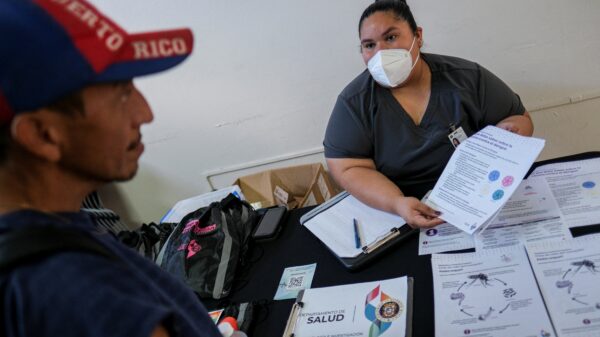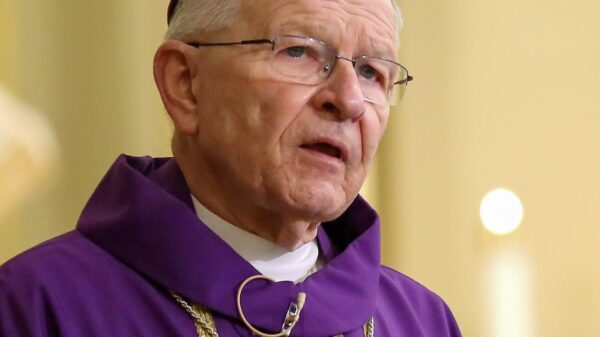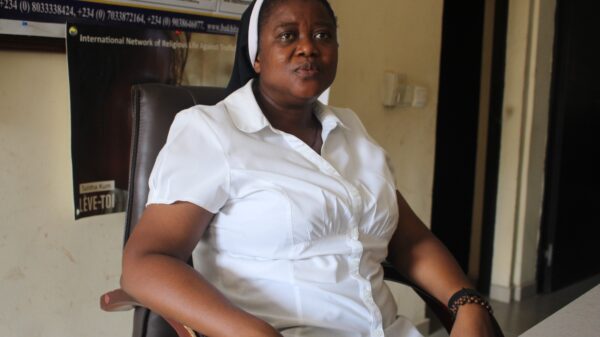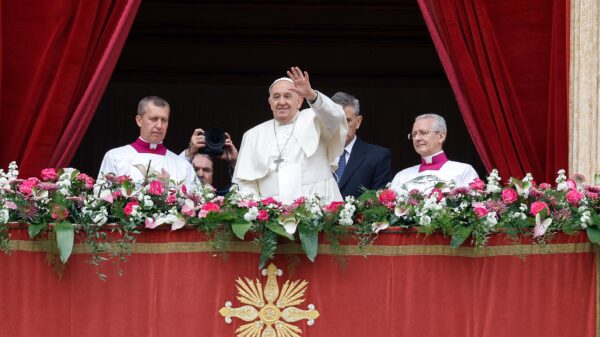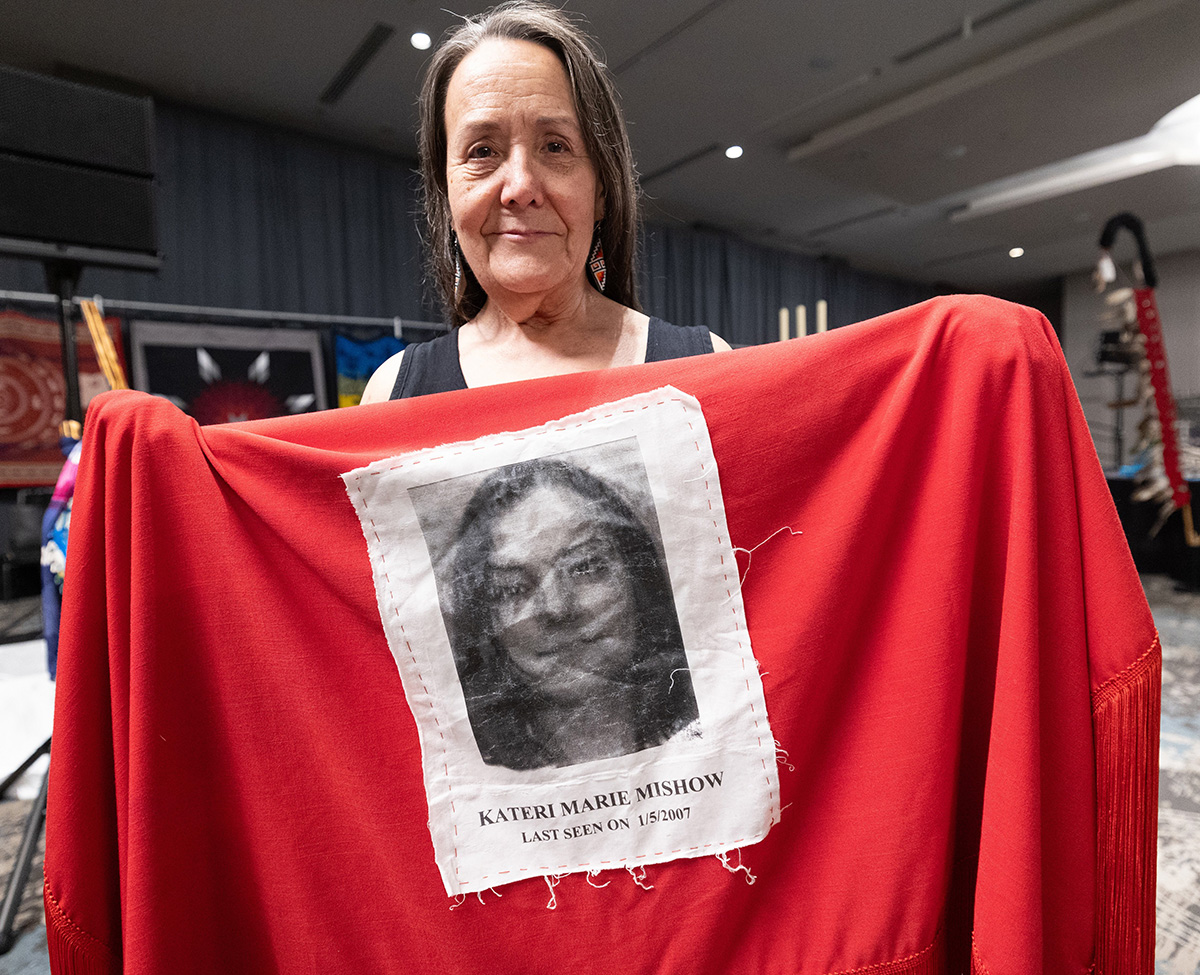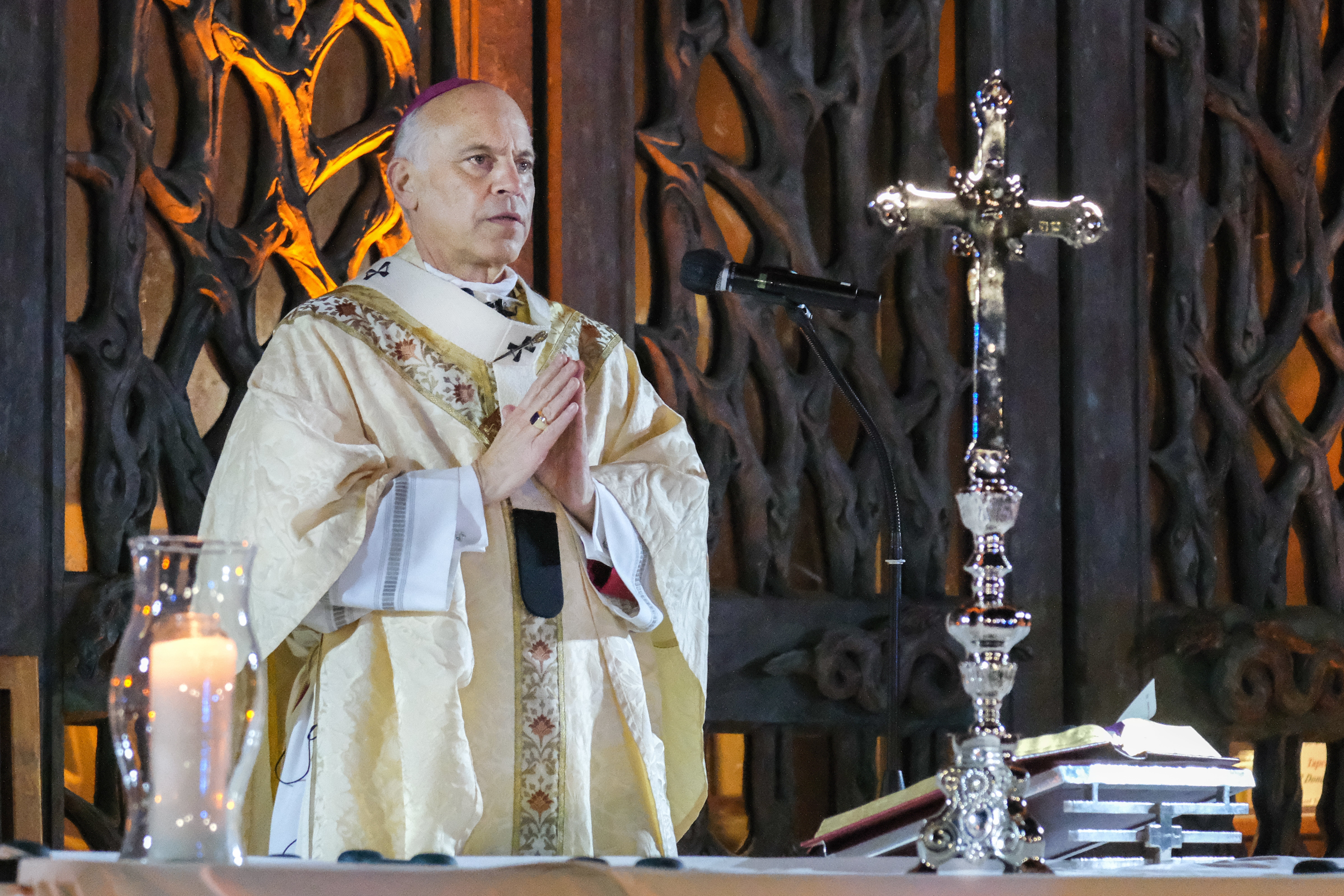By Barb Umberger
BLOOMINGTON, Minn. (OSV News) — Kathleen Mishow spent nine years praying to St. Kateri Tekakwitha for another child after she and her husband had a son 18 months after they married.
Included in Kathleen’s prayers was a promise that if she ever had a daughter, she would name her Kateri. She ultimately gave birth to a daughter and kept her promise.
“At least I had my wish with Kateri and had her for 20 years,” said Kathleen, an Ojibwe from White Earth Nation, who told her story with support from her friend Vicki Phillips, both of whom regularly attend the parish of Gichitwaa Kateri in Minneapolis. “She was really spunky. I would tell her, ‘You be careful going out,’ but she thought she was invincible at that age.”
Kateri, then 22, was last seen leaving with a young man from the duplex where she lived, across the street from her parents.
Kathleen recounted her experience to The Catholic Spirit, the newspaper for the Archdiocese of St. Paul and Minneapolis, July 20, only moments before keynote speakers took the stage to address the issue of missing and murdered Indigenous women at the 84th annual Tekakwitha Conference, held at a hotel in Bloomington, Minnesota, through July 23. The conference, which honors Indigenous Catholics’ spirituality and traditions, drew more than 300 people from across the United States, including two groups from Alaska.
Kathleen recalled receiving a telephone call from a friend of Kateri’s who was in the Hennepin County Jail. The friend told her he heard people in the jail talking about Kateri, saying, “Oh, she’s not missing. She’s in the river.”
“My husband walked the Mississippi River for over a year,” Kathleen said. “Up and down. He’d go every day.”
The pain never eases, Kathleen said. “I’d really like to know one way or the other.”
Father David Bailey, a priest of the Diocese of Tyler, Texas, told disturbing stories of missing and murdered Native women. Selling of North American Indigenous women and children has been going on since the colonial era, he said.
Native women are victims of violence on “an astronomical level,” and the vast majority of perpetrators are non-Native males, he said.
Every person is created in the image and likeness of God, he said. “All of us are entitled to be treated with dignity, to be treated with respect, to be treated with love,” he said. “And therefore, we must at all times respect life — never compromising the dignity of anyone.”
Father Bailey said that by “shining a light on these things,” talking about them and gaining awareness, “we can shine the light into corners where evil men seek to do their evil deeds.”
Father Michael Carson, assistant director for Native American Affairs at the U.S. Conference of Catholic Bishops, emphasized the importance of getting involved in the issue. He provided 10 reasons why he believes the problem is pervasive in Native communities more so than in “any other culture group.”
The first reason is poverty, which “limits choices,” he said. “And if someone offers women living in poverty a better life, the offer becomes more of a temptation to get involved in trafficking,” he said.
Another reason is more isolated communities, making it more difficult “for people to talk to each other,” Father Carson said. “If somebody goes missing in one community, it’s very hard for the other communities to know about that,” he said.
Felicitas Brugo Onetti, whose background is in social work, also addressed the conference. As the anti-trafficking education and outreach coordinator for the USCCB’s Migration and Refugee Services, she provided an overview on human trafficking, a crime that uses force, fraud or coercion. Reports indicate 40% of victims in Native communities are exploited through familial trafficking by “someone they know and someone in their immediate circle.” Tactics focus primarily on manipulation and coercion, she said.
“When we talk specifically about the Native community, the historical trauma and the loss of culture is a really prevalent issue here,” she said. “Perpetrators know exactly how to target that and exactly how to … promote these empty promises and different ways in which they can … coerce you into being victimized.”
The conference opened at 9:15 a.m. with a “grand entry” in a ballroom at the hotel. Groups were introduced largely by state as they processed to the front of the conference room, with Donald Blackhawk, 28, who attends Gichitwaa Kateri in Minneapolis, drumming from the front of the room.
Holding colorful banners recognizing their home states, with some including the years a given state had hosted the annual conference, each group processed to the front of the room and turned left or right to hang their banners, which filled the length of the room to create a colorful record of those in attendance.
Bishop Chad Zielinski of New Ulm concelebrated a late afternoon Mass, followed by dinner and a healing and reconciliation service.
In the midafternoon, participants were invited to select from several workshop sessions that included experiencing healing stories, making Native language hymns, exploring Ojibwe cultural connections and learning to play the Native American flute.
School Sister of Notre Dame Kathleen Storms and two others from the Archdiocese of St. Paul and Minneapolis’ Care for Creation team helped some participants assemble a rosary-like Kateri Tekakwitha Chaplet — by stringing seven colored beads for each of seven sections that symbolize the days of creation, Sister Kathleen said. The colored beads represent what’s being honored, she said, such as blue for the sky. A medal in the chaplet honors St. Kateri Tekakwitha, patroness of the environment. Prayers said as part of the chaplet include the Hail Mary and Our Father, and participants prayed them silently and reflectively as they created their chaplets, Sister Kathleen said.
Barb Umberger is a reporter for The Catholic Spirit, the newspaper of the Archdiocese of St. Paul and Minneapolis.



